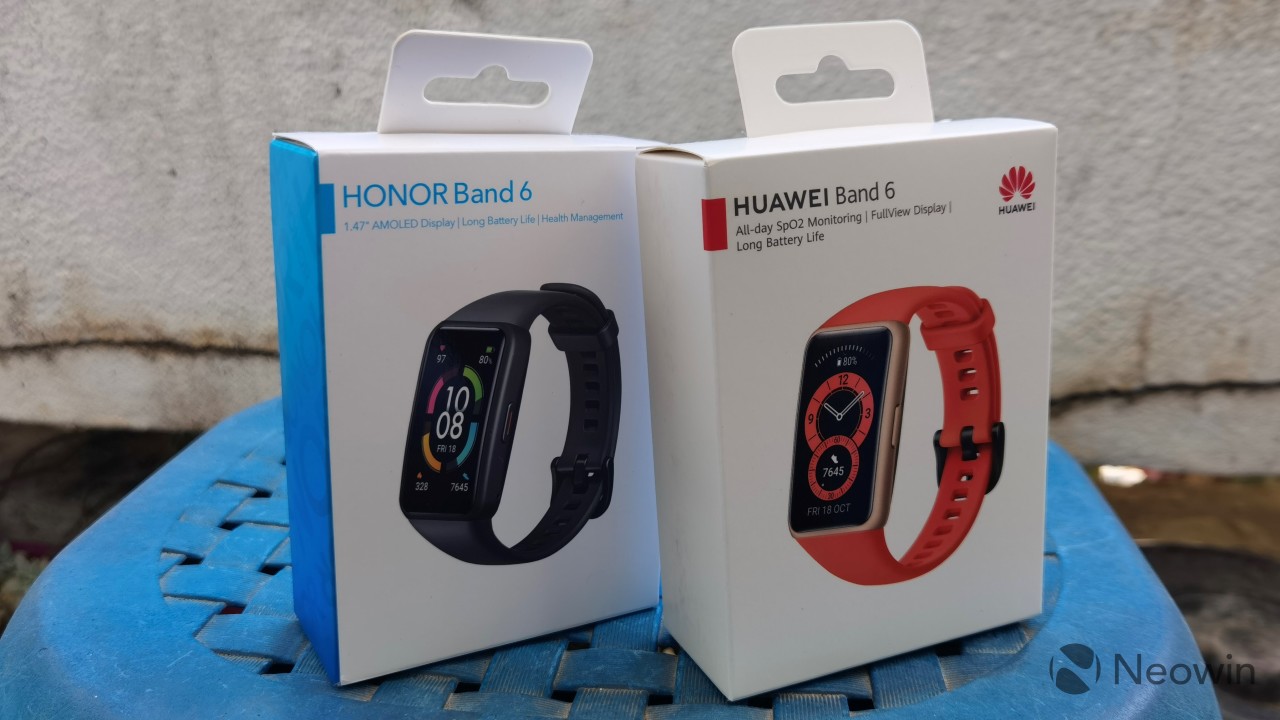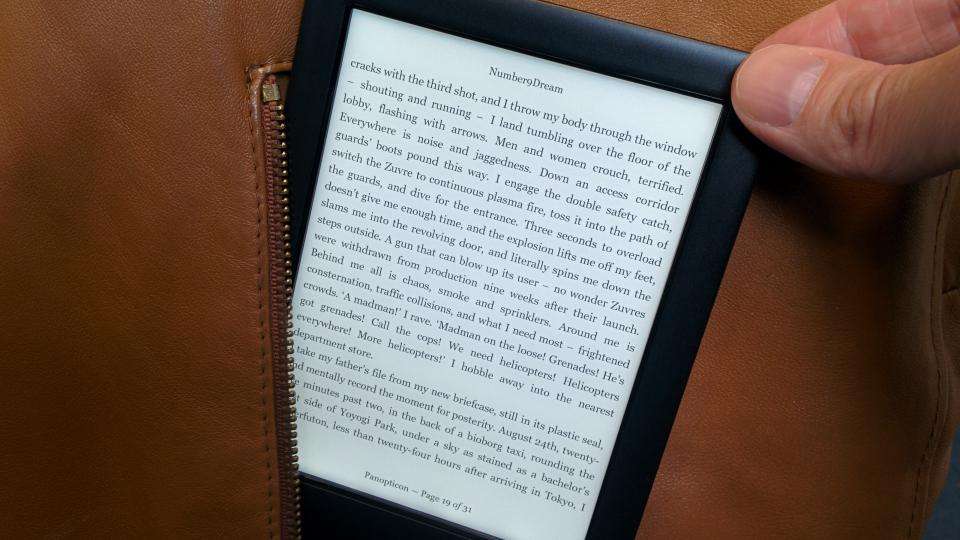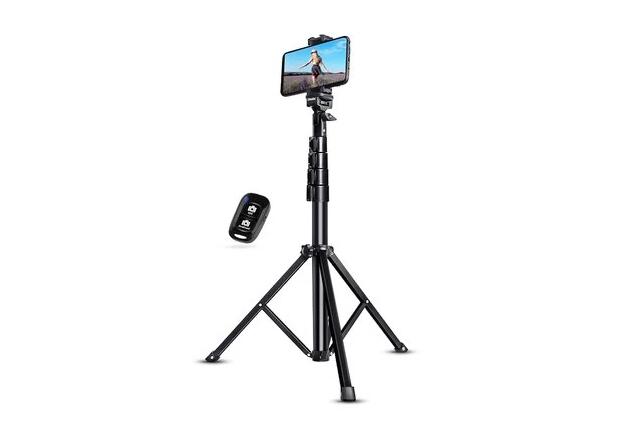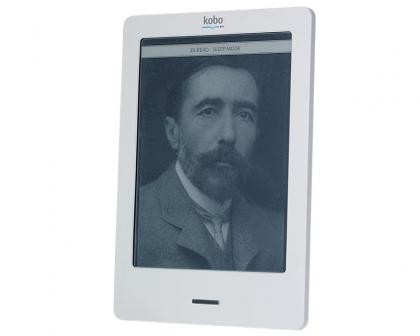Security cameras have become a staple in modern home protection, with millions of households installing them to guard against threats. But as their popularity grows, a critical question lingers: Do they truly enhance home safety, or are they just another tech gadget that creates a false sense of security? The answer is nuanced. While security cameras offer tangible benefits in deterring crime and aiding investigations, their effectiveness depends on how they’re used—and they can’t replace a holistic approach to safety. This article weighs their pros and cons to help you understand their real impact.
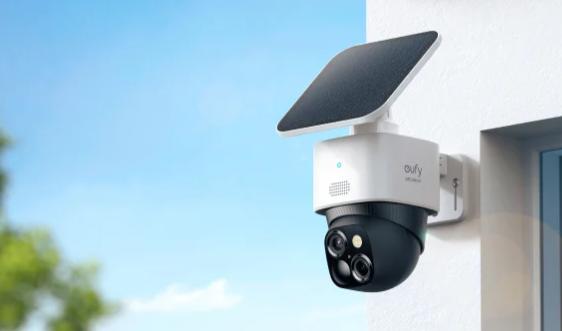
How Security Cameras Deter Threats
One of the primary claims for security cameras is their ability to deter potential criminals, and evidence suggests this is often true.
Burglary Deterrence
Visible security cameras are a strong deterrent against break-ins. When potential intruders see a camera, they often reconsider, knowing the property may be monitored. Most burglars prefer easy, low-risk targets, and the presence of cameras introduces uncertainty and risk. Even realistic dummy cameras can deter casual thieves. For the best results, install cameras in highly visible spots such as front doors, garages, and back entrances. This visibility sends a clear message that the property is watched, reducing the chance of unwanted activity and helping to keep the home more secure.
Preventing Minor Incidents
Beyond burglaries, cameras deter smaller but frequent nuisances, such as package theft, porch piracy, or neighborhood mischief. With the rise of online shopping, package theft has become a common issue. The cctv camera with motion alerts allows homeowners to catch thieves in the act or scare them off by speaking through two-way audio. In neighborhoods, visible cameras can reduce vandalism or trespassing, as individuals are less likely to act out when they know their actions are being recorded. This creates a safer environment not just for your home, but for the community.
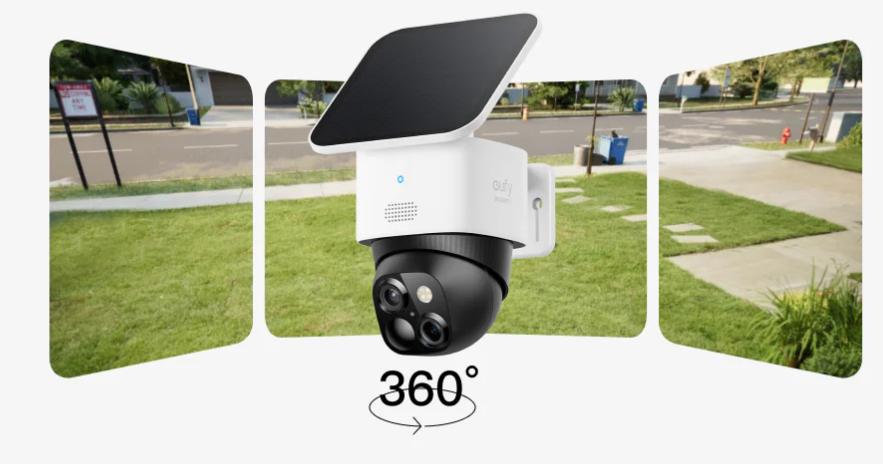
Their Role in Post-Incident Response
Even when deterrence fails, security cameras play a vital role in managing the aftermath of a security breach.
Evidence Collection
In the event of a break-in, theft, or vandalism, security camera footage plays a crucial role in documenting what happened. Clear video recordings can capture important details such as a person’s appearance, their clothing, the vehicle used, or the direction in which they escaped. This information often helps law enforcement identify and locate those responsible. Authorities frequently rely on surveillance footage to build cases and support investigations. Additionally, homeowners can use video evidence to support insurance claims, helping verify losses and ensure proper compensation for stolen or damaged belongings.
Aiding Law Enforcement
Cameras streamline police investigations by reducing the time needed to identify and locate suspects. Many modern cameras integrate with local law enforcement databases or allow homeowners to share footage instantly via apps, speeding up the process. In some areas, police departments even encourage residents to register their cameras, creating a network of surveillance that can track criminals across neighborhoods. This collaboration between homeowners and law enforcement enhances overall community safety, making it harder for criminals to operate undetected.
Limitations and Considerations
While security cameras offer benefits, they aren’t a foolproof solution and come with important caveats.
False Sense of Security
A common pitfall is relying solely on cameras for safety. Cameras can’t physically prevent a break-in—they’re passive tools. Homes with cameras but weak locks, unlatched windows, or overgrown landscaping (providing cover for intruders) remain vulnerable. Thieves may also disable cameras by cutting wires or covering lenses if they’re not properly secured. To maximize safety, cameras should complement other measures: strong locks, motion-sensor lights, and alarm systems work together to create layered protection.
Privacy Concerns
Cameras raise privacy issues, both for homeowners and their neighbors. Footage that captures public spaces (like sidewalks or streets) may record passersby without their consent, leading to legal or ethical disputes. Additionally, camera data is vulnerable to hacking—cybercriminals can access live feeds or stored footage if devices lack proper security (e.g., weak passwords). This not only compromises privacy but could also let criminals study your routines to plan a break-in. Choosing cameras with end-to-end encryption and regularly updating software helps mitigate these risks.
Conclusion
Security cameras do enhance home safety, but their effectiveness depends on context. They deter crimes, provide critical evidence, and aid law enforcement—all valuable contributions to protecting your property. However, they work best as part of a broader safety strategy, paired with physical security measures and mindful privacy practices. By understanding their strengths and limitations, homeowners can use security cameras to create a safer environment while avoiding the pitfalls of over-reliance. Ultimately, the peace of mind they offer comes not from the cameras alone, but from knowing you’ve taken proactive steps to safeguard what matters most.

